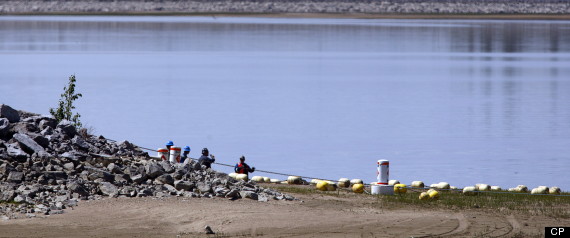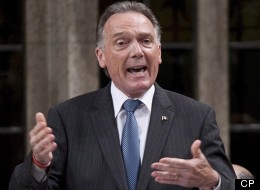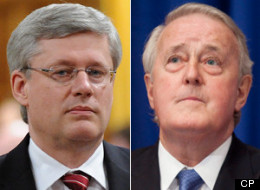CLICHY-SOUS-BOIS, FRANCE—The sparkly new lowrise apartment buildings have balconies of glass and aluminum and a modern, Scandinavian air. The new school has clean, ultramodern lines. The new police precinct is designed with a rusted sculpture-wall that might have once been a Frank Gehry sketch.
Copenhagen? No. This is Clichy-sous-Bois, which most French people know only as the place where the worst wave of riots in contemporary France began; a place where young people from immigrant families clashed with police and started hundreds of fires among the dilapidated, overcrowded bunkers; a place few French recognized as their own country.
Copenhagen? No. This is Clichy-sous-Bois, which most French people know only as the place where the worst wave of riots in contemporary France began; a place where young people from immigrant families clashed with police and started hundreds of fires among the dilapidated, overcrowded bunkers; a place few French recognized as their own country.





















